Honey Reduces Dental Plaque & Cavities in Study
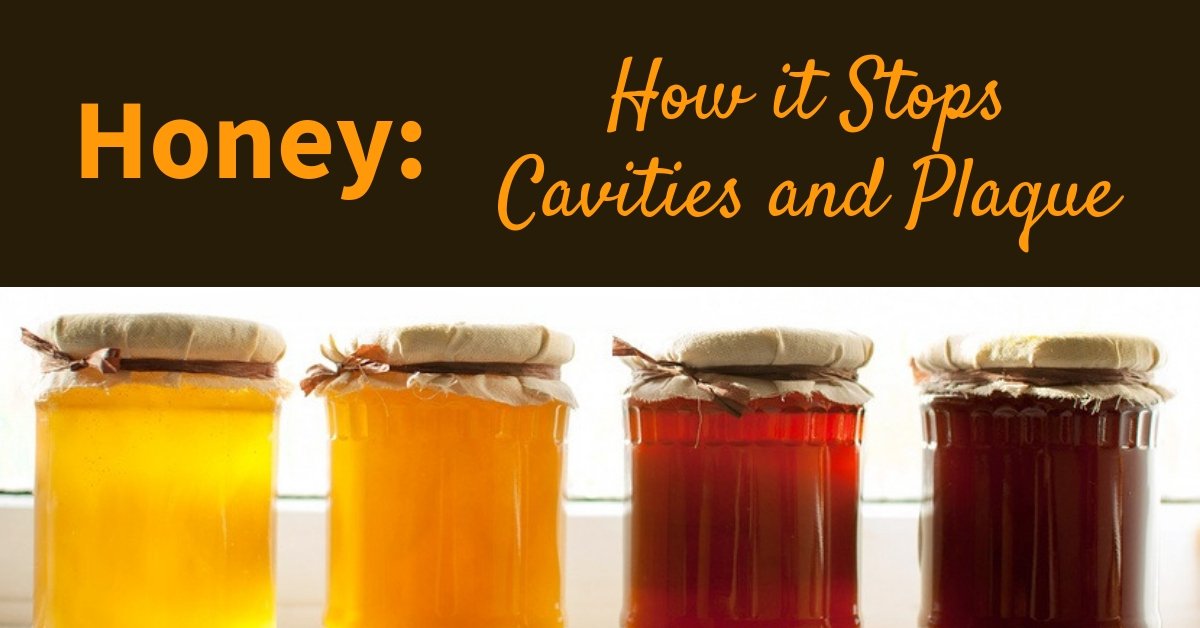
Conventional wisdom would suggest the sugar in honey is not healthy for your teeth. It turns out this is completely wrong.
by Angela Van Alten, Nutritionist and Beekeeper's Daughter

How many times have you heard from the dentist to limit the amount of sweets you consume or you'll end up with a mouth full of cavities?
It looks like you can cross honey off that list as honey doesn't contribute to cavities says a new study. In fact, it appears to have significant dental health promoting properties.
Scientists set out to compare the effect of honey versus a chlorhexidine mouthwash and a xylitol chewing gum/chlorhexidine mouthwash combination on dental plaque levels in ninety dental health students.
Chlorhexidine is a common ingredient you see in mouthwash products and is designed to reduce dental plaque and oral bacteria. The issue I have with over the counter mouth wash products is that virtually all of them have artificial color or food coloring agents in them (there is a reason they are bright blue or yellow). Scope contains Blue 1 and Yellow 5. They also have chemical preservatives in them like sodium benzoate and benzoic acid and artificial sweeteners like sodium saccharin, again all contained in Scope.
Xylitol on the other hand, is a naturally occurring sweetener that is found in many fruits and vegetables. You can find it used in many natural toothpastes and mouthwashes and in sugar free recipes as it is a popular, low glycemic sugar alternative. I use a xylitol based propolis toothpaste and highly recommend it as an ingredient.
The subjects were randomly divided into three groups for the study:
- the honey group
- the chlorhexidine mouthwash group
- the combination of xylitol chewing gum and chlorhexidine mouthwash group
What the study found was that all three groups were effective in reducing dental plaque in the students. Honey however was significantly more effective than the chlorhexidine (over the counter mouthwash) group and was reported to cause a significant reduction of plaque over 30 days. The xylitol group was also more effective than the chlorhexidine group.
Why Is Honey Good for Your Teeth?
The study didn't get into how or why honey works well for reducing dental plaque but I suspect it is related to the lactic acid bacteria found in honey. A study done in Tehran found that honey prevents cavities by inhibiting Streptococcus mutans.
The scientists set out to evaluate the antibacterial activity of honey on Streptococcus mutans and Lactobacillus. These bacteria are the evil little devils that cause cavities and a mouth full of fillings, not to mention the pain and suffering that accompanies the trip to the dentist.
Over the last several years, raw, unpasteurized honey has been shown to have very strong anti-bacterial activity. Could consuming honey contribute to fewer trips to the dentist along with much smaller dental bills?
In this study, solutions containing 0%, 5%, 10%, 20%, 50% and 100% natural honey were prepared in a test tube. The cavity causing bacteria were then exposed to the different concentrations of honey for 24 hours.
What the scientists found was that the honey had significant antibacterial activity on Streptococcus mutans in concentrations more than 20% and on Lactobacillus in 100% concentration.
So it seems that the antibacterial activity of honey could be used for the prevention and reduction of dental cavities. More studies need to be done but this is very promising as we discover more about the dangers of processed, refined sugars and convert to more natural sugars such as honey. Don't go brushing your teeth with raw honey just yet but the day of honey infused toothpaste just might be closer than we think!
Honey and Your Teeth
So how can you use honey in your daily routine to limit plaque and reduce cavities? Easy. First off, ditch your bottle of Scope or Listerine and the toxic ingredients contained in those products. Switch to a xylitol based toothpaste that is flouride free and contains propolis. Next, try this home made honey mouthwash that I have created. It tastes great and only takes a minute to prepare:
Honey Mouthwash for Reduced Plaque
- 1/2 cup filtered water (luke warm if possible)
- Dissolve 1 tsp of liquid, unpasteurized honey into the water. It is very important to use unpasteurized honey. Pasteurized honey will have no living bacteria in it which I believe are the mechanism by which honey works to reduce plaque.
- Stir to help dissolve
- Bonus: add one packet OR 1/2 tsp of xylitol to the mixture. I use the brand Xyla.
- Pour the mixture into your mouth and rinse as you would a regular mouthwash.
- Since honey kills Strept, I recommend gargling with the the rinse to keep your throat clear of infections.
- After thoroughly rinsing, spit the mixture into the sink.
- Do NOT rinse your mouth out after spitting. I believe there may be some value in having the honey (and xylitol if you use it) remain on your teeth for several minutes to let the 'good bacteria' do their work.
Recommended Honey Brands
I often get asked which honey brands I recommend. There are many Raw honey products on the market, many of which are very poor quality and adulterated. I use and recommend only Dutchman's Gold Raw Honey. You can find it here.
References:
Perspectives in Clinical Research 2015 Jan-Mar;6(1):53
Journal Dent (Tehran), 2013 Jan;10(1):10-5.
†These statements have not been evaluated by the Food and Drug Administration. This product is not intended to diagnose, treat, cure or prevent any disease.
|
|
|


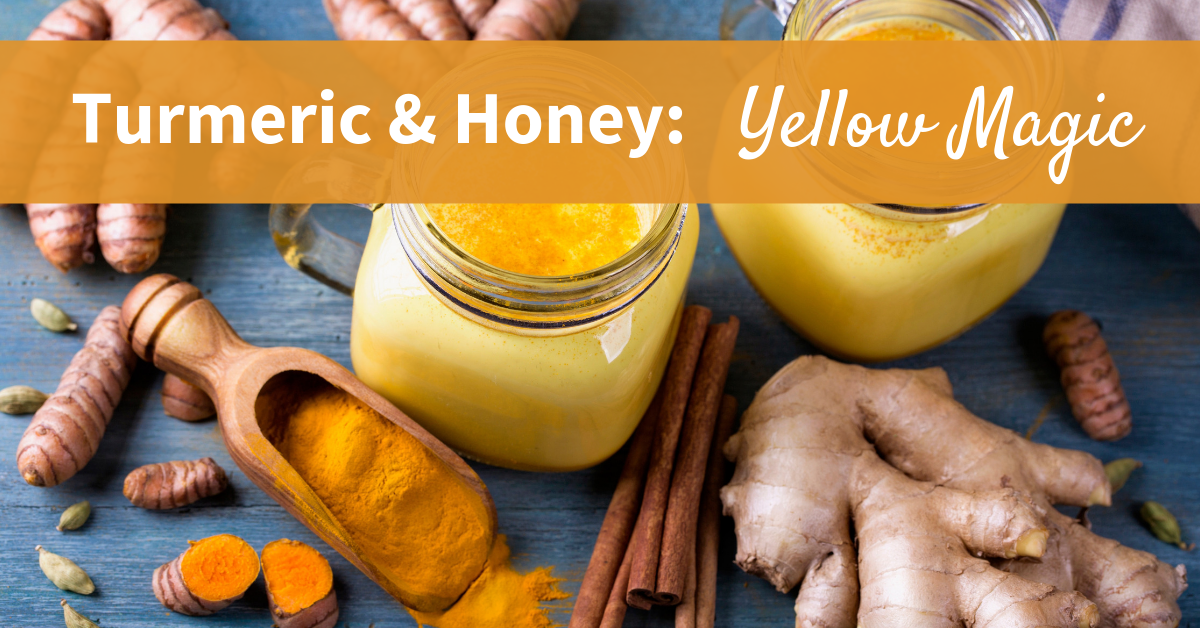
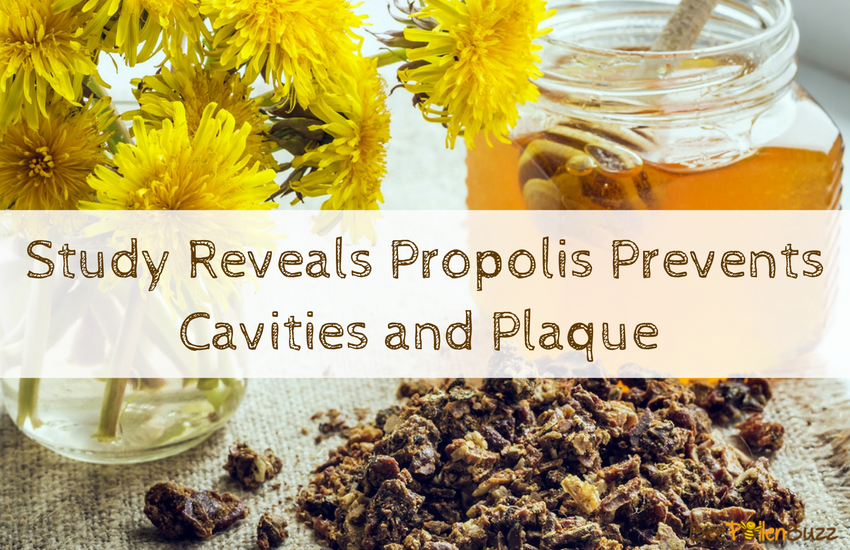
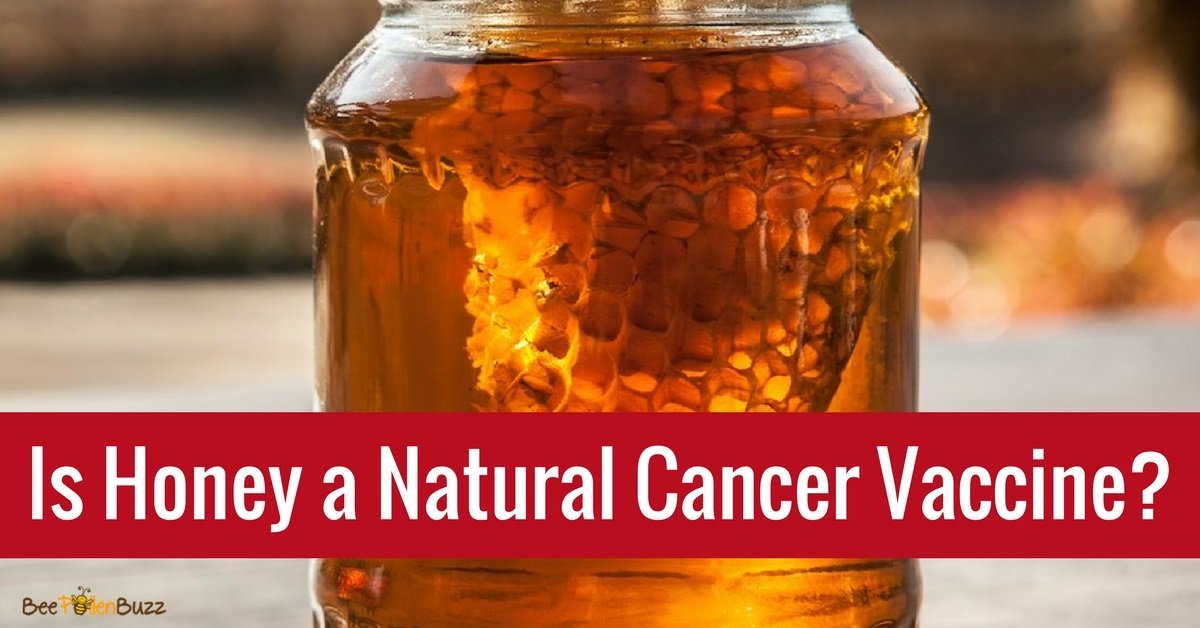
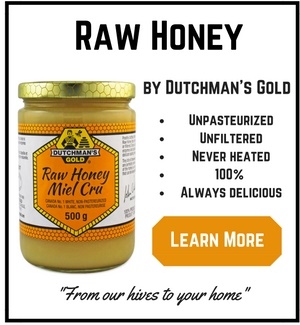
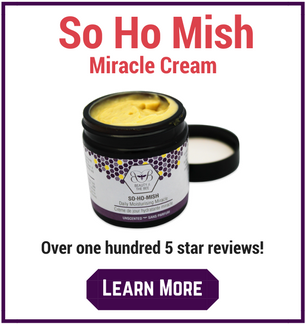
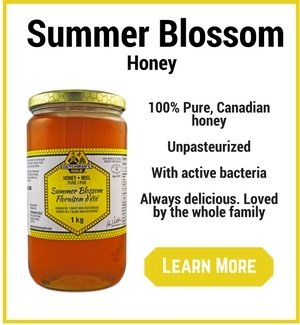






New! Comments
Do you have something to say about what you just read! Leave me a comment in the box below. I'd love to hear from you!